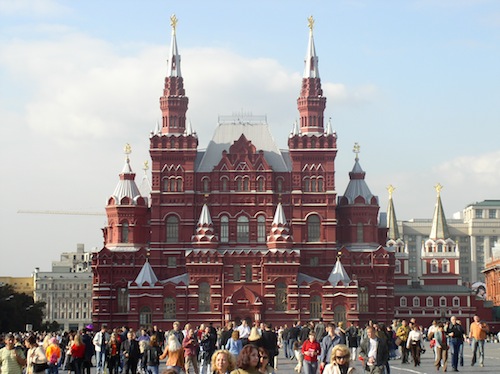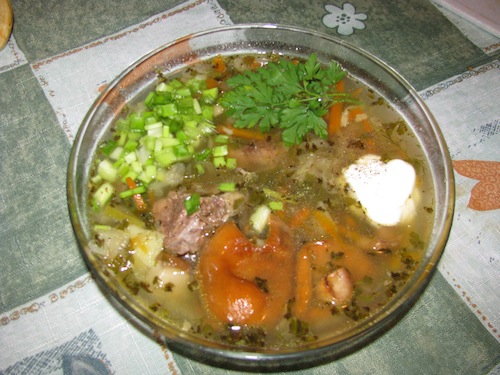5 Big Differences: Living In the USA vs. Living In Russia
When traveling abroad, whether long-term or for a few days, some extent of culture shock is inevitable. It can be a disorienting experience for those who don’t prepare themselves. For Americans embarking on a trip to Russia, especially anywhere east of the Ural Mountains, cultural differences will be enormous, so it’s good to know what you’re getting into beforehand. Here are five of the biggest changes first-time visitors to Russia may find difficult to cope with.
1. Distinct lack of smiling. Russians, due in part to a general mistrustfulness hanging on from the Soviet era, do not go out of their way to smile at strangers. While their typically stern demeanor can be intimidating to Americans, this does not mean Russians are unfriendly, just that they prefer to save smiling for when they really mean it. Conversely, many Russians find Americans’ habit of constant smiling to be artificial and off-putting.
2. Higher pollution levels. While an eco-friendly, green lifestyle will certainly earn you brownie points in the United States, it’s practically unheard of in Russia. Recycling is not something that registers in their social consciousness, although Russian consumer goods are long-enduring and can be reused for decades before they wear down. There are no laws concerning littering or vehicle emissions, and for that matter, smoking bans in bars and restaurants are loosely enforced, if at all. Moreover, cities in Russia also have a high level of stray dogs and cats.
3. Better public transportation. Hands down, public transportation is vastly superior in Russia where bus and tram lines are safe, efficient, and affordable. The Metro system in Moscow especially is a masterpiece of grandeur and engineering, servicing millions of people each day and with over 200 miles of routes. In the US, on the other hand, you are virtually forced to buy a car if you want to be able to get around at all, as public transportation is in most cases poorly planned and unreliable.
4. Chivalry is still alive. Many Americans view Russian treatment of women as sexist, while Russian men insist it is their way of expressing respect and gallantry. Either way, in Russia it is expected by both sexes that men will pay for dates, hold doors for women, give up their seat for a woman, and so on. Although there are plenty of high-powered career women in Russia, many assume that they will be married and starting a family by their mid-20s.
5. Very different food. Russian cuisine is composed of a few key staples: poultry, cabbage, potatoes, dill, pickled cucumbers, game, and black bread. Each key ingredient is readily available for you to buy at both produkty stores and open-air markets. Mushrooms are very popular, often handpicked by people in forests. Unlike the variety of ethnic food available in the United States, Russian food does not divert far from their traditional plates. The exception to this is the delicious Georgian dishes they’ve come to incorporate into their menus Additionally, Russians are very proud of their dairy products, such as tvorag, a sweet cheese that can be spread on cakes and cookies, and their sweets.
If you are planning a trip to Russia, you will certainly find out many more cultural differences on your own. To get by in Russia, it will be necessary to learn the basics of the Russian language, as English speakers are rare even in big cities. Take our free online Russian language level test, or send us an inquiry for more information.





